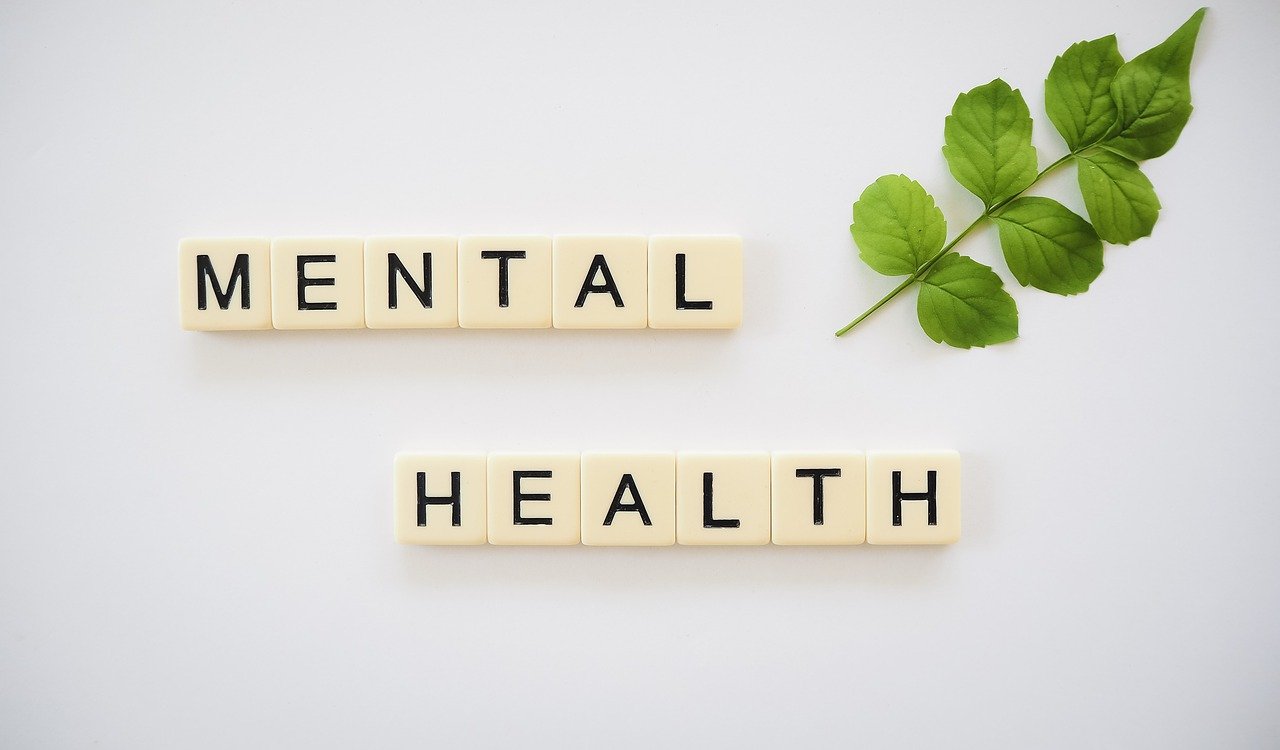How to Survive One Hidden Killer During the Pandemic
The pandemic, and all its effects, is certainly a controversial issue.
One thing that isn’t controversial, is that because of lockdowns, mandates, and even the virus itself, millions of people are suffering from mental health issues. And many of those people are taking their lives as a result.
It’s not a good situation.
Mental health issues had risen to prominence in the past decade as we began to understand more about how the brain affects our health.
Now, with people having limited access to their normal routine, relationships strained to the breaking point … as well as many people descending into despair as the outlook for recovering from the pandemic looks bleak. The mental health of millions is in shambles.
And while no one is going to be able to wave a wand and end the pandemic, there are surefire ways that any person who wants to improve their mental health can begin using today.
Some are free.
Most of them are easy.
And all of them have plenty of scientific evidence behind them showing they work – sometimes as good as or better than drugs.
We’ll go over 4 of the top things you can do to improve your mental health below.
4 Scientifically Proven Ways To Improve Mental Health
The truth is a lot of people’s routines have been disrupted by the pandemic. And that change has sent them into a downward spiral.
While we’re not saying anything we mention here will get your life back to the way it was before 2020, if you try and incorporate these activities into your life regardless of how different things are now you should notice marked improvements in how you feel.
1 – Exercise:
Dr. Wiggy has written about exercise quite a bit recently, mainly because he knows how beneficial it is to improve various aspects of your health. Well when it comes to mental health, exercise is one of the most important “nutrients” for brain health.
“Exercise is well known to stimulate the body to produce endorphins and enkephalins, the body’s natural feel-good hormones which can make problems seem more manageable. The simple act of focusing on exercise can give us a break from current concerns and damaging self-talk. Further, depending on the activity, people may benefit from calming exercises, be energized, and get outside or interact with others, all of which are known to improve mood and general health.”
The best thing is even if the gym is closed, or you can’t work out like you used to, simple bodyweight exercises… even ones as simple as walking or getting up and down from a chair are enough to help boost your mental profile.
2 – Connecting With Others
Some people have complained about having to interact with others through the artifice of a zoom call… but the truth is the more you can connect with others, the better it is for your mental health.
Whether that’s on a Zoom call, or at a socially distanced gathering outside, it’s imperative that you maintain relationships.
This means you commit to talking with others and hopefully seeing their face as often as you can.
A report published by the Australian government years ago wrote this about how important strong relationships are for mental health.
“The benefits of social connections and good mental health are numerous. Proven links include lower rates of anxiety and depression, higher self-esteem, greater empathy, and more trusting and cooperative relationships. Strong, healthy relationships can also help to strengthen your immune system, help you recover from disease, and may even lengthen your life.”
3 – Meditation and Mindfulness:
Dr. Wiggy has written about this subject before and shown that meditation can be a game-changer for your mental health.
You don’t have to buy incense and sit like a yogi to experience the benefits either.
“Dr. Elizabeth Hoge, a psychiatrist at the Center for Anxiety and Traumatic Stress Disorders … found that a mindfulness-based stress reduction program helped quell anxiety symptoms in people with generalized anxiety disorder, a condition marked by hard-to-control worries, poor sleep, and irritability.
Best of all is meditation is FREE and doesn’t take a lot of time to learn or to practice. After a few weeks of just 10-15 minutes a day, you could be on your way to being at peace.
4 – Expressing Gratitude:
Now of all the ones on this list, this may be the most difficult one to do… while also being one of the most effective.
A lot of people may feel hard-pressed to find anything to be thankful for during these trying times. But, the science says, if you can find the silver lining in the dark times it can help provide you with a new reality and a new sense of peace.
How you express gratitude will be entirely dependent on what works best for your personality. The University of California Berkeley has a wonderful article on what they found in a clinical setting that provided real, lasting results.
The point is this, if perception is reality and you see things overwhelmingly being good, and life is filled with elements worth being thankful for, then you will not struggle nearly as much with mental health issues.


